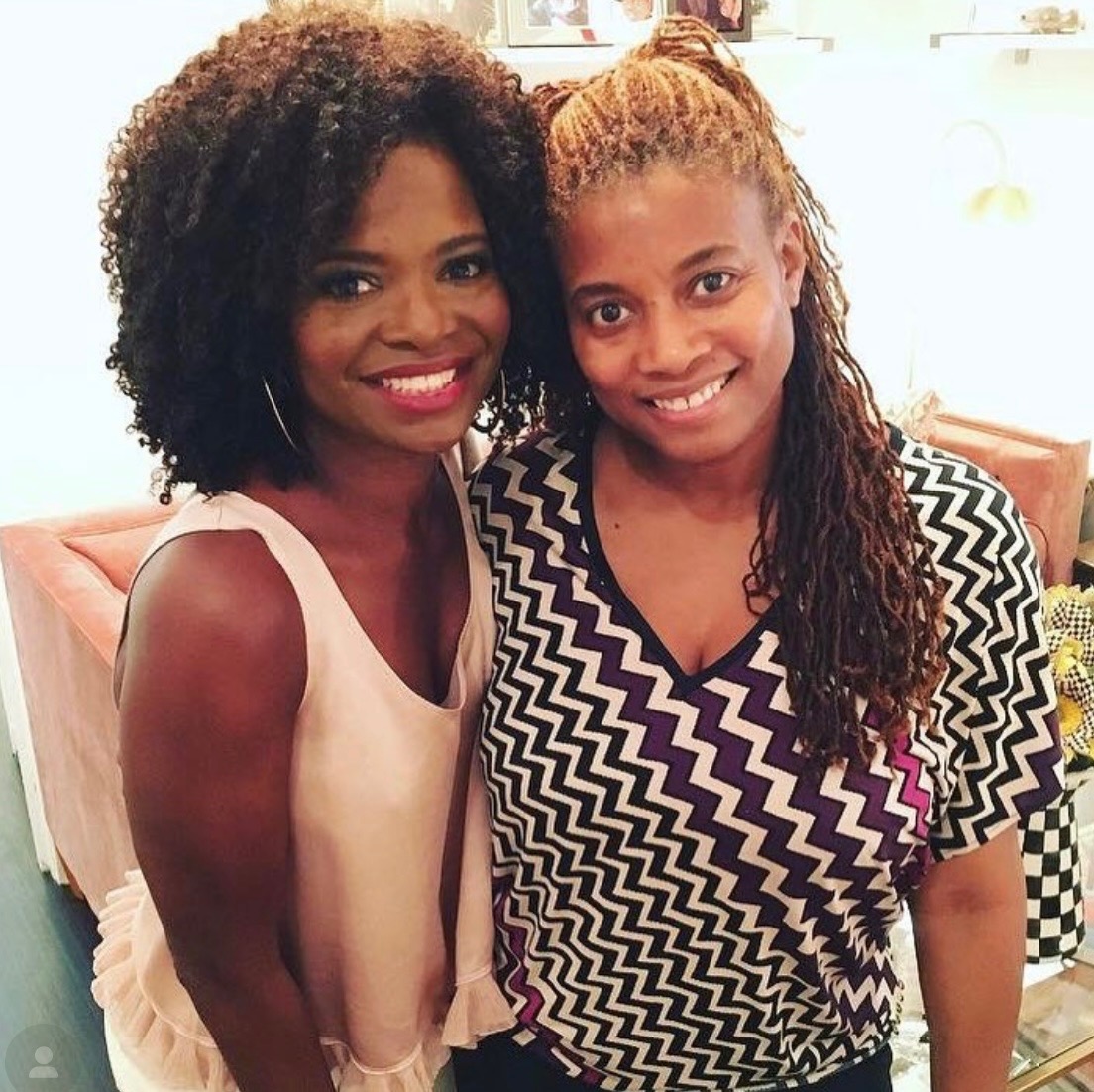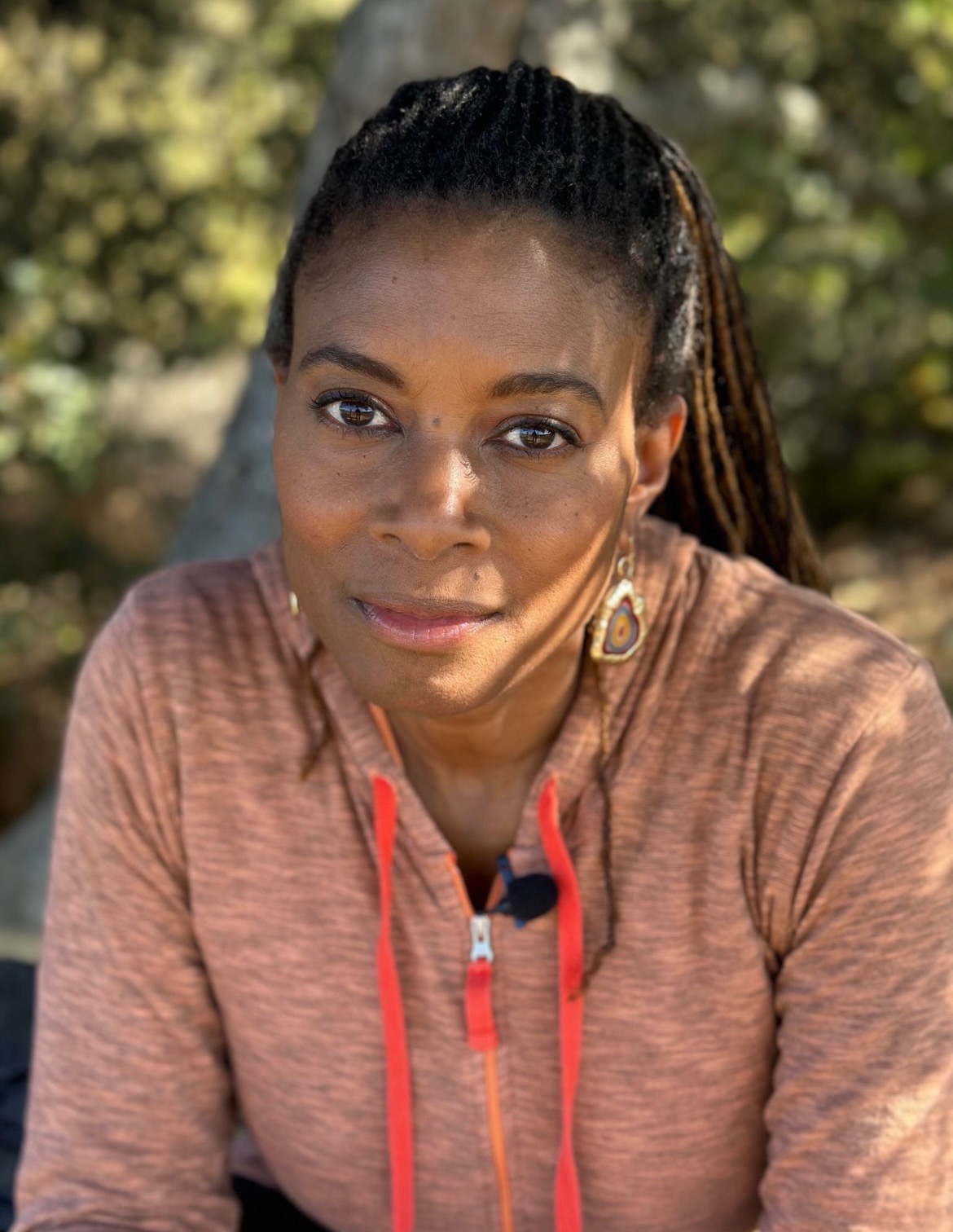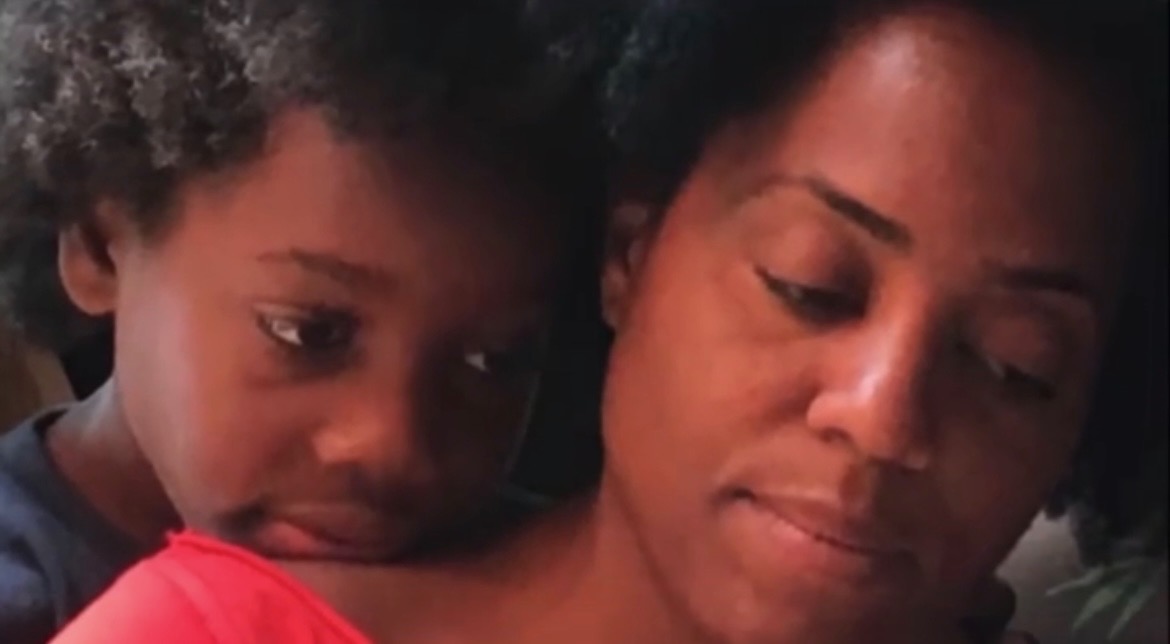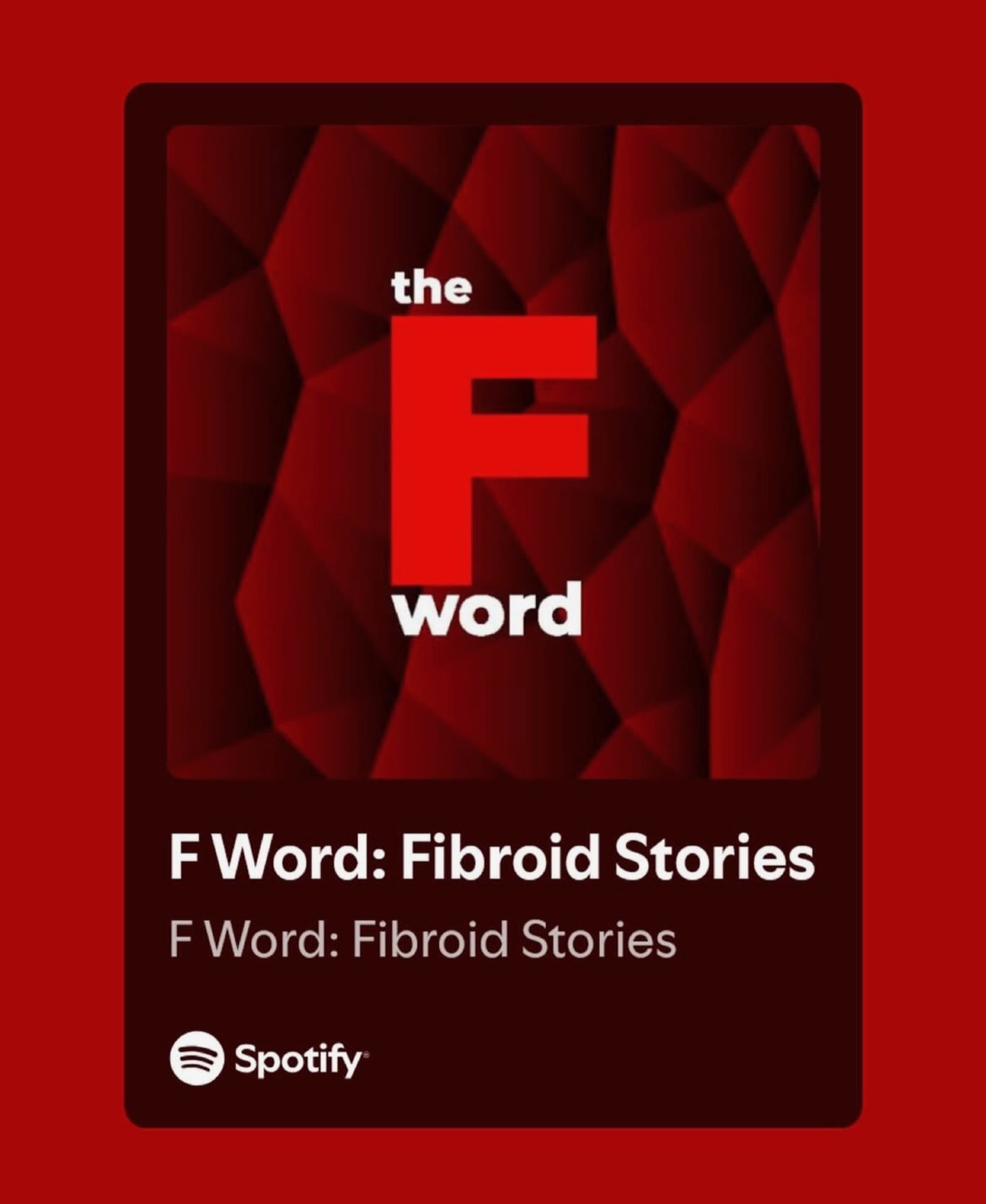We were lucky to catch up with PaSean Wilson-Ashley recently and have shared our conversation below.
Hi PaSean, thanks for joining us today. We’d love to hear about a project that you’ve worked on that’s meant a lot to you.
Uterine fibroids are non-cancerous growths with no known cause. The majority of women—including myself—will develop fibroids at some point in their lives. For many, these growths bring years of suffering marked by debilitating menstrual cycles, miscarriages, chronic pain, life-threatening anemia, disrupted sex lives, and other serious health complications.
For too long, the dominant approach to treatment has rested on an outdated assumption: that removing the uterus was the most effective—or only—solution. But that narrative is changing. Women, including those in their childbearing years, are seeking healthier, research-backed alternatives.
My mission is to advocate for those affected by fibroids by raising awareness through storytelling. The podcast The F Word: Fibroid Stories, available on Spotify, brings together the voices of patients, researchers, physicians, and others who care deeply about this issue. Their stories offer not only validation and strategies for those suffering, but also serve as a powerful call to action. Some of the notables you hear on this podcast series is supermodel Beverly Johnson, jazz singer Ronda Ross, five time Tony award-winner LaChanze. Through this platform, I hope to help destigmatize fibroids, empower those affected, and support legislative efforts to fund more research—leading to better treatments and, one day, a cure.

PaSean, love having you share your insights with us. Before we ask you more questions, maybe you can take a moment to introduce yourself to our readers who might have missed our earlier conversations?
I’ve built a fulfilling career in acting and commercial work, with national campaigns for brands like Yoplait, McDonald’s, Canada Dry, Dodge, and many others. I appeared alongside Demi Moore in Striptease, was part of the cast of the soap opera Another World, and have had guest roles on television series including Shameless, Gotham, and more. My acting work has also been celebrated on Broadway in productions such as Once On This Island.
Despite that momentum, my career was sidetracked when I developed uterine fibroids. The pain was excruciating, and a few people even assumed I was pregnant due to the bloating. When I first consulted a gynecologist, I was told that a hysterectomy—the removal of my uterus—was the best course of action. But I was still in my childbearing years, and I wanted to preserve that possibility if I could.
I sought a second opinion and was fortunate to find a doctor who recommended a myomectomy—the surgical removal of the fibroids while preserving the uterus. That’s the procedure I underwent. Thankfully, it saved my uterus. Although I temporarily lost my voice and experienced some lingering pain, once I stabilized, I became determined to learn more about fibroids and their treatment.
I began speaking with medical professionals who more deeply informed me about medical alternatives beyond hysterectomy and myomectomy, such as uterine fibroid embolization (UFE), which blocks blood flow to shrink fibroids, and focused ultrasound therapy, a non-invasive treatment that uses sound waves to destroy them. Interestingly, even among medical professionals—particularly those from older generations—there remained a strong preference for hysterectomy, though many were open to newer options.
Around this time, I also reconnected with friends who had fibroids and had undergone procedures like mine. I expanded my research and began meeting advocates who embraced holistic methods such as detoxification and vaginal steaming. I made major changes to my diet—cutting out trans fats, starches, and heavy dairy products—which ultimately led me to adopt a vegan lifestyle. These changes made a real difference in my recovery and overall well-being.
Given my background in acting and storytelling, I felt compelled to share not just my journey but also the voices of other women who had faced similar experiences. I collaborated with co-director Roderick Giles (HBO’s The Date) to create the documentary The F Word: Fibroid Stories. The film was selected by several festivals, including the Unmentionables Film Festival and the American Black Film Festival.
More women eager to speak out kept contacting me, and I already had powerful interviews that didn’t make it into the documentary. That’s what inspired me to launch The F Word: Fibroid Stories podcast.
This podcast is a space for storytelling, education, and advocacy—where women can feel seen, informed, and supported.

Learning and unlearning are both critical parts of growth – can you share a story of a time when you had to unlearn a lesson?
Great question. When I first joined social media, I shared my acting work, fibroid journey, and personal life all on the same platforms—Facebook, Twitter, and later Instagram. As my focus on fibroid advocacy deepened, I created new pages specifically dedicated to that work, separate from my personal accounts.
Many of the followers from my original, all-in-one page began hearing their friends talk about the content on my fibroid-focused page and started following that one as well. For example, I might post a serene photo and share tips for reducing stress—highlighting how stress is linked to fibroid growth. That kind of content wasn’t something you’d typically find on my personal pages.
There’s also a strong and supportive network among fibroid fighters. We often spotlight one another’s work. One of my favorite advocacy organizations is We Can Wear White—they’re doing incredible things.
My podcast recently launched, and the buzz is growing—not just within the fibroid community, but also among women more broadly. I’m especially grateful to the Black women who have shown interest and support, as they are disproportionately affected by fibroids.

Have you ever had to pivot?
After completing work on The F Word: Fibroid Stories documentary, I decided to create and launch the podcast, The F Word: Fibroid Stories, without any external funding. When I discussed it with my team, we were all proud of how strong the episodes turned out. That gave us confidence that we could attract advertisers and sponsors. In fact, we’re currently in discussions with one potential sponsor and actively seeking at least three more.
We’re intentional about aligning with brands that support women’s health, particularly businesses that serve those affected by fibroids. Of course, we avoid any conflicts of interest, so we’re transparent and have thoughtful, in-depth conversations with each company we consider working with.
This pivot has been a meaningful learning curve for me, as I’m generally on the creative side. Stepping into the world of corporate conversations and sponsorship negotiations represents a shift, and I’m excited to embrace this challenge and grow through it.
Contact Info:
- Instagram: https://www.instagram.com/fworddocumentary?igsh=NTc4MTIwNjQ2YQ%3D%3D&utm_source=qr
- Facebook: https://www.facebook.com/people/The-F-Word/100048109425808/
- Youtube: https://www.youtube.com/watch?v=xXavB5Xjs18
- Soundcloud: https://on.soundcloud.com/AV7XQP5asnx5BcHB78
- Other: Spotify: https://open.spotify.com/episode/1TCuCObRWyAG0B7xfKSt9I?si=5-3DARF0SGCn13etkCwLHQ



